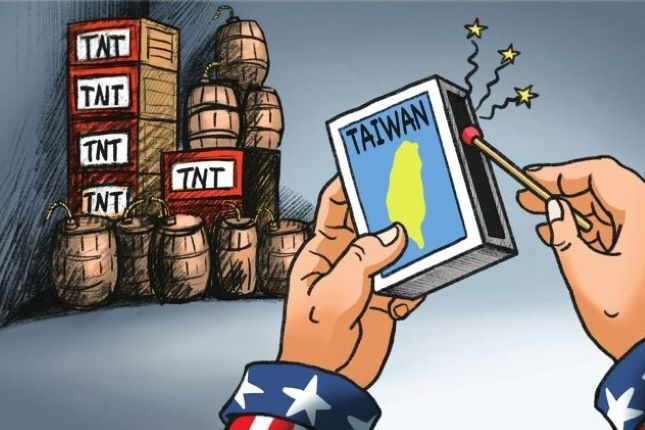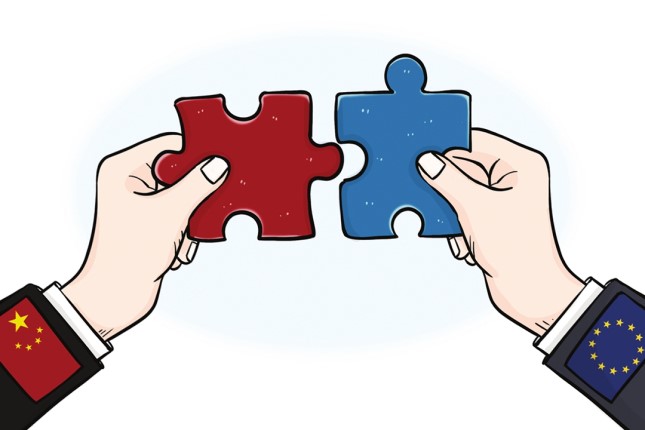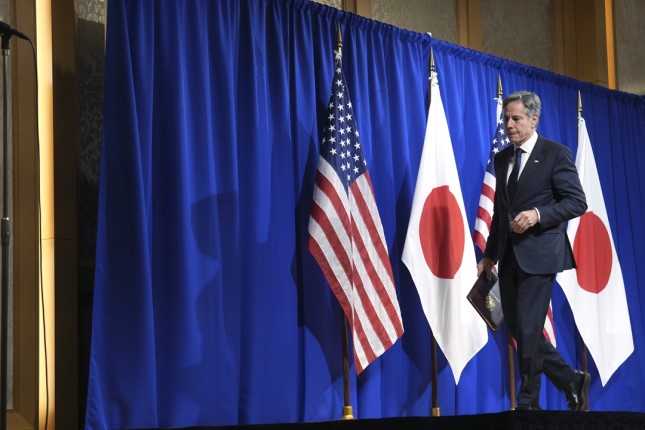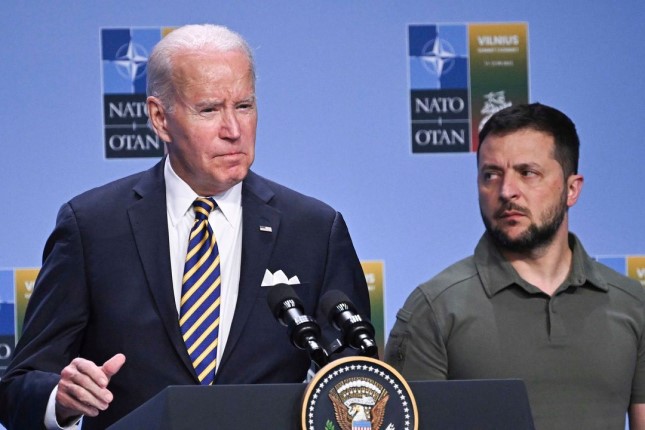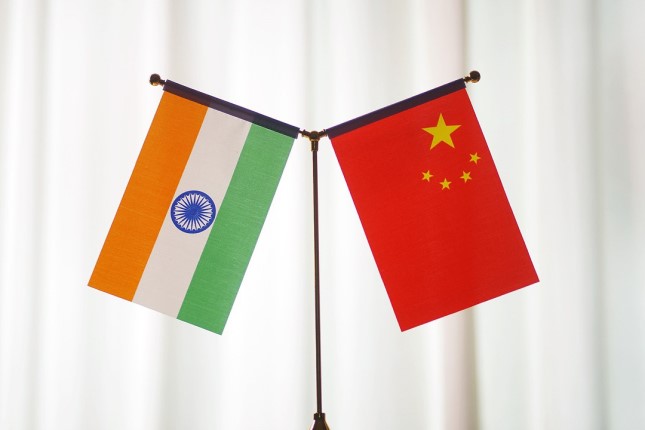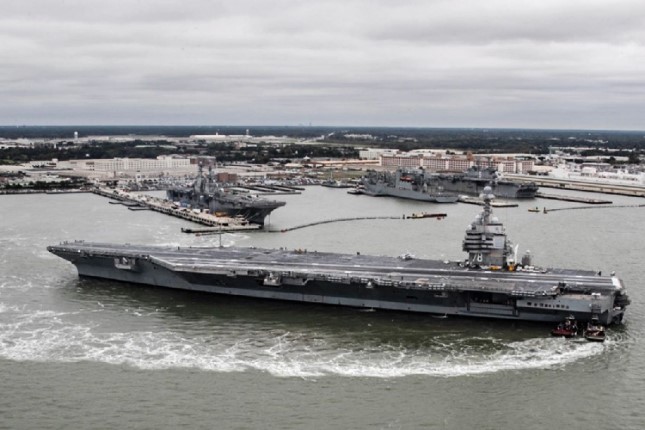The visit of US House Speaker Nancy Pelosi to Taiwan gripped the entire world in the early days of August as the public followed the crisis it spawned literally live. The official Beijing spewed threats of dire reprisals against Washington in retaliation for the visit erupting in an unprecedented military brouhaha around the island. Defiantly, the US proceeded with the visit while also beefing up its military presence in the region having emphasised that it was not interfering with PRC’s sovereignty but only acting "in support of democracy in the region".
Mainland China’s jumpiness and the US administration’s strikingly unyielding stance can be attributed to Taiwan’s unique significance for China and its future. The Taiwanese are not what one may call "typical secessionists". Its international recognition status notwithstanding, the Taipei regime enjoys a high degree of legitimacy, something both Beijing and its opponents are well aware of. Should China become destabilised, the trump card of Taiwan will inevitably be played in an attempt to fragment and destroy the country.
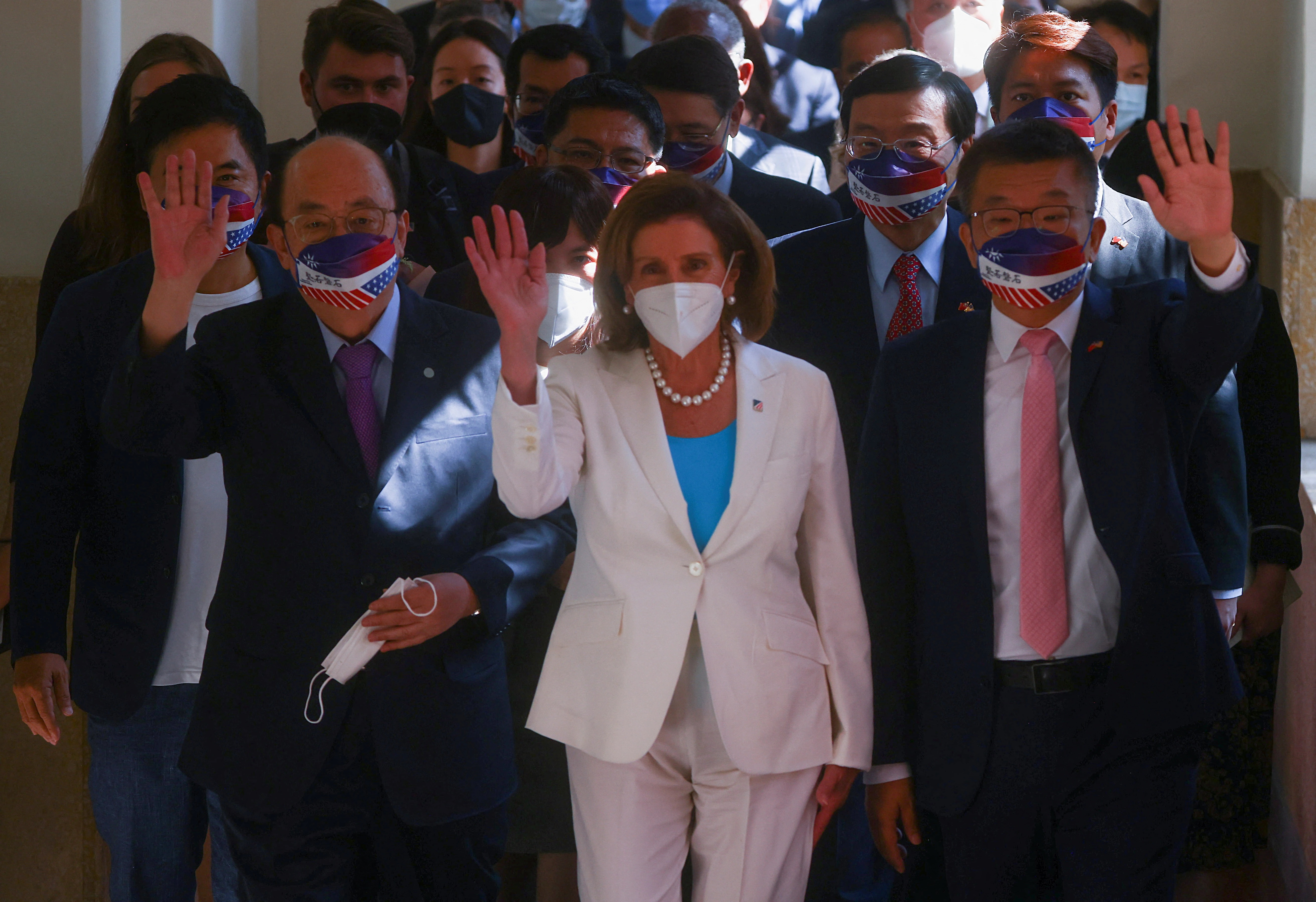
US House Speaker Nancy Pelosi, center, walks with Taiwan's Foreign Minister Joseph Wu, Taiwan, Aug. 2, 2022. Photo: AFP 2022 / Sam Yeh
China is quite adamant to make sure that no country in the world recognises Taiwan’s independence and establishes diplomatic contacts with the breakaway island. Beijing views the Taiwanese as particularly dangerous separatists who must be returned to the fold of their mainland motherland. Upon close examination, however, Taiwan that its inhabitants refer to as the Republic of China, may not be entirely that "separatist".
Following its defeat in China’s civil war fought between the Communists and the Kuomintang regime headed up by the nationalist Chiang Kai-shek, his government fled to the island of Taiwan. The exiled government managed to hold on to power, retain the name of their old country and maintain nominal continuity of the government that can be traced back to the original Republic of China. Admittedly, the fact that it was the government in Taipei that had held China’s spot in UN organisations including its Security Council by virtue of being a victor in World War Two, is certainly an oddity, but an oddity that stems precisely from the Taiwanese regime’s high degree of legitimacy.
In the early 1970s, the immense and wealthy mainland China made peace with the United States and launched a successful campaign to delegitimise Taiwan in the eyes of the international community. By using a combination of political pressure and financial leverage, Beijing ultimately succeeded in "getting justice served".
At the moment, the overwhelming majority of countries (including the US and countries of the West) recognise only People’s Republic of China’s as a legitimate Chinese state. The reality, however, is that the problem with Taiwan’s high legitimacy isn’t going anywhere despite that! And it can only be addressed either by way of the island’s voluntary reunification with mainland China (perhaps with a special status and while maintaining a separate economic system) or by it being occupied by China’s People’s Liberation Army putting an end to the regime of successors to the Kuomintang.
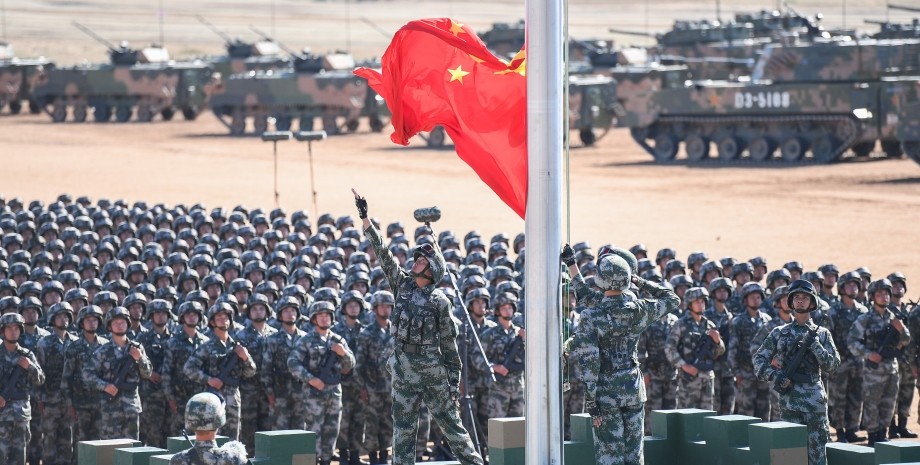
Chinese army. Photo: Getty Images
But for as long as Taiwan’s current regime continues to exist, there remains a possibility that the US might try to pursue yet another probable scenario. The US could try to use this artificially engineered crisis around Taiwan while taking advantage of Beijing seeming unwillingness to go all out (since the island’s 200,000-strong military is a formidable opponent even without counting any possible US assistance) against China. Coupled with the ongoing economic crisis, this could deal China a painful blow and result in domestic unrest as has happened on many an occasion in China’s long history.
Should this happen, Taiwan’s Kuomintang regime with its nearly centennial uninterrupted history could become a source of legitimacy for those provinces of China that will have broken away from Beijing (if that is what this new potential domestic unrest leads to). Beijing is well aware of such an eventuality and this explains its intransigence where it comes to its position on the "island’s separatists". But again, the same can be as clearly seen from Washington, Tokyo, Seoul, or Canberra. And that is why nobody is going to abandon Taiwan. On the contrary, it will be increasingly used as a battering ram against People's Republic of China.
Main photo: The Global Times.
